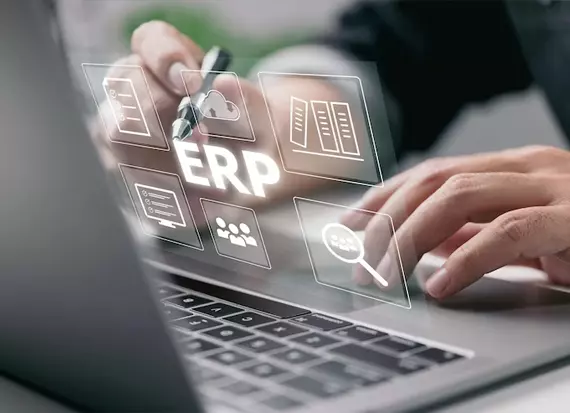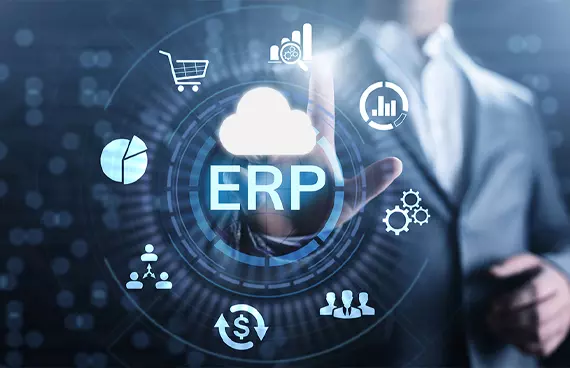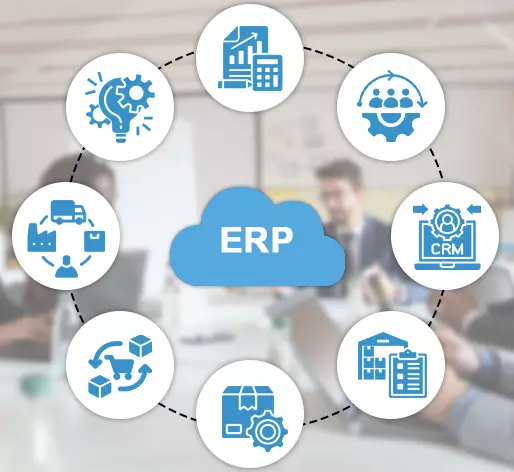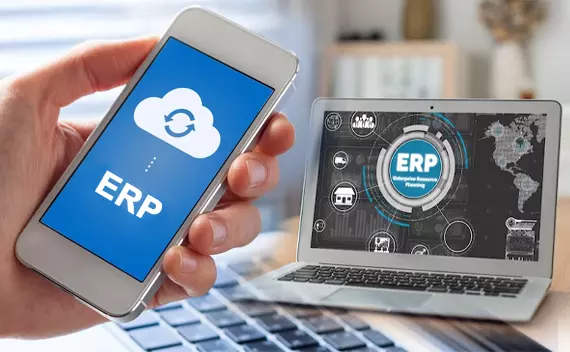Cloud ERP
As opposed to an on-premises network, cloud ERP is an enterprise resource planning (ERP) system that enables enterprises to access the internet. It runs on a vendor's cloud platform. ERP software helps with purchase, manufacturing, sales, and delivery by integrating and automating key financial and operational company processes. It also manages inventory, orders, and the supply chain. Businesses use the program online, so all they need is an internet connection and a browser.





 USA
USA INDIA
INDIA